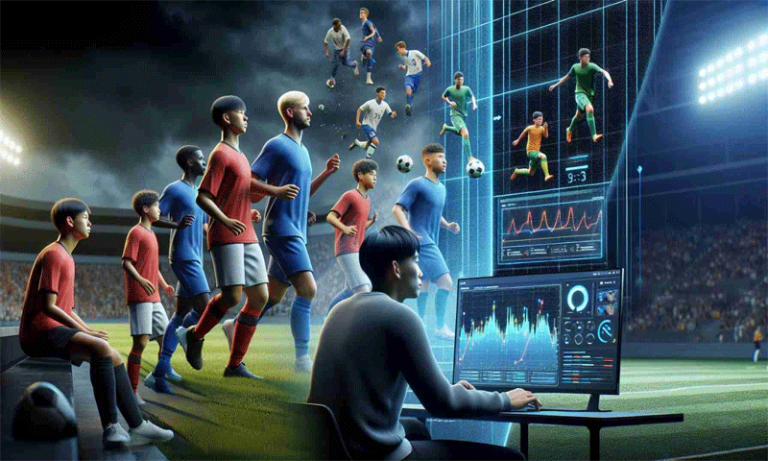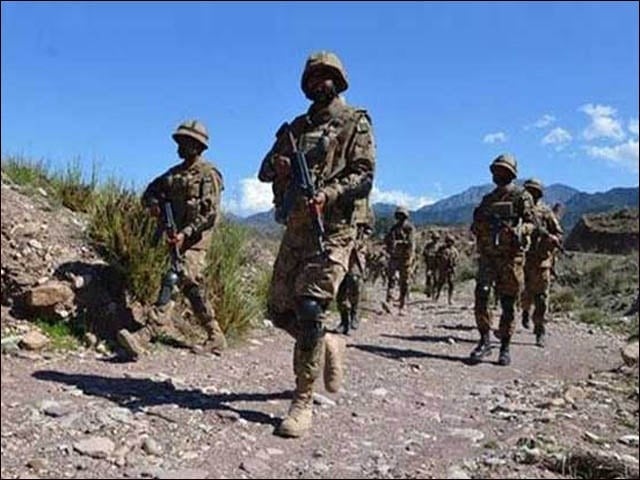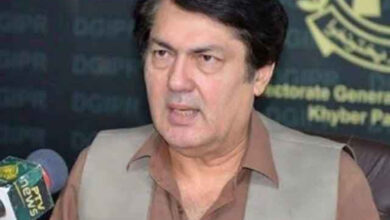AI Talent Spotting System Tested at Olympics to Identify Future Gold Medalists

Islamabad:An Artificial Intelligence (AI) talent spotting system is being trialed at the Olympics, aiming to identify potential future gold medalists. The developers of this system seek to use a portable version of AI technology to extend modern sports science to remote areas around the world.
Seven-year-old sister and four-year-old brother from Yokohama, Japan, are participating in a series of AI-driven tests set up near the Paris Olympic Stadium. The system’s goal is to identify potential future gold medalists by collecting data from five different tests, including running, jumping, and grip strength.
This data is analyzed to assess various attributes such as strength, agility, and endurance, and then compared with data from professional and Olympic athletes. Sarah Wickers, head of Intel’s Olympic and Paralympic programs, explains that they are using computer vision and historical data to allow average individuals to compare themselves with elite athletes and determine which sport they are most physically suited for.
After completing the tests, participants receive feedback on which sport might be the most suitable for them. Intel assures that all data collected from participants is deleted once the process is complete.
The AI system will be available for spectators to view at the Paris 2024 Olympics. It is designed to be small and highly portable, operating on devices with basic cameras and minimal computing power. According to Sarah, the system can be used in locations previously inaccessible by just a mobile phone, tablet, or PC.
This AI technology evaluates performance through video analysis without needing physical sensors. The International Olympic Committee recently took this system to Senegal, where it visited five villages and assessed the athletic abilities of over 1,000 children. Following partnerships with Senegal’s National Olympic Committee and additional rounds of advanced testing, 48 children were identified with significant potential, including one with extraordinary abilities.
The system is expected to be further developed to provide opportunities in areas where advanced diagnostic systems are not feasible. Professor John Brewer from the University of Suffolk, who has worked on talent identification with the England Football Association, views early talent detection as a rare advantage in the sports world. However, he notes that the basic system might be limited in technical sports like football or basketball that require specific skills or endurance. Nonetheless, he believes the technology could be highly beneficial for assessing fundamental abilities and reaching areas lacking high-tech diagnostic methods.





